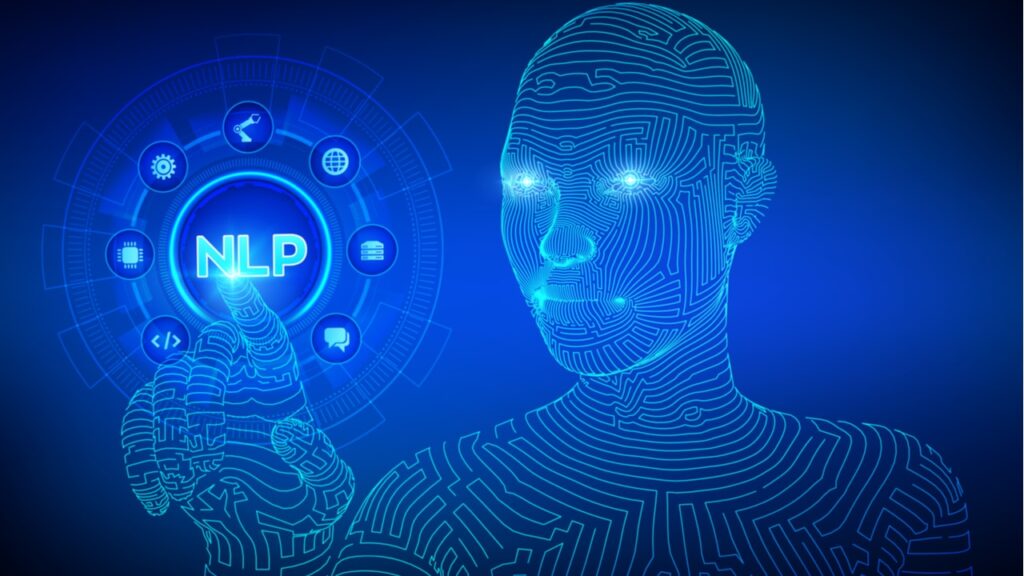In recent years, Natural Language Processing (NLP) has become a crucial technology in the field of Artificial Intelligence. NLP, in layperson’s terms, is the science of making computers generate, understand, and interpret human language. NLP is the reason behind the capabilities of chatbots, voice assistants like Siri, and the predictive text you see on your smartphone. It enables them to have a conversational tone.
Out of the many use cases of NLP, one of the most useful cases of NLP is in understanding and interpreting unstructured text data. This could be about analyzing customer reviews, finding insights from huge text documents, or even sentiment analysis (digital marketing and social media). NLP aids in making sense of large text data available online.
Another use case of NLP is in machine translation. This technology is responsible for making Google Translate possible. It’s changing customer support with chatbots, and content generation like news articles, reports, etc, easier. Moreover, NLP enables AI to answer doubts, summarize documents, and even perform language-related tasks like grammar correction and language translation.
In a world with huge data, NLP is a technology that could unlock the potential of AI. It enables human-computer interaction, thereby making information accessible. With AI it helps businesses make data-driven decisions. As this technology continues to evolve, it promises us a future where artificial intelligence can seamlessly integrate into our lives.


